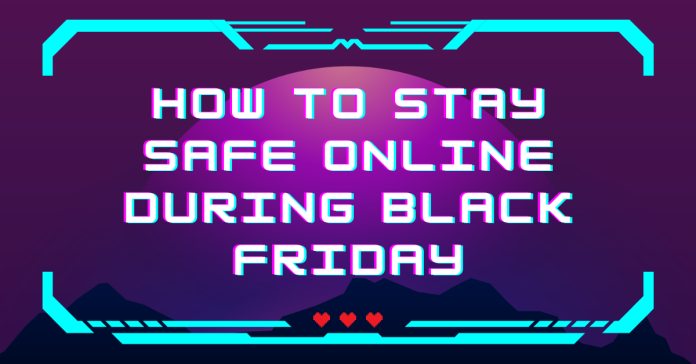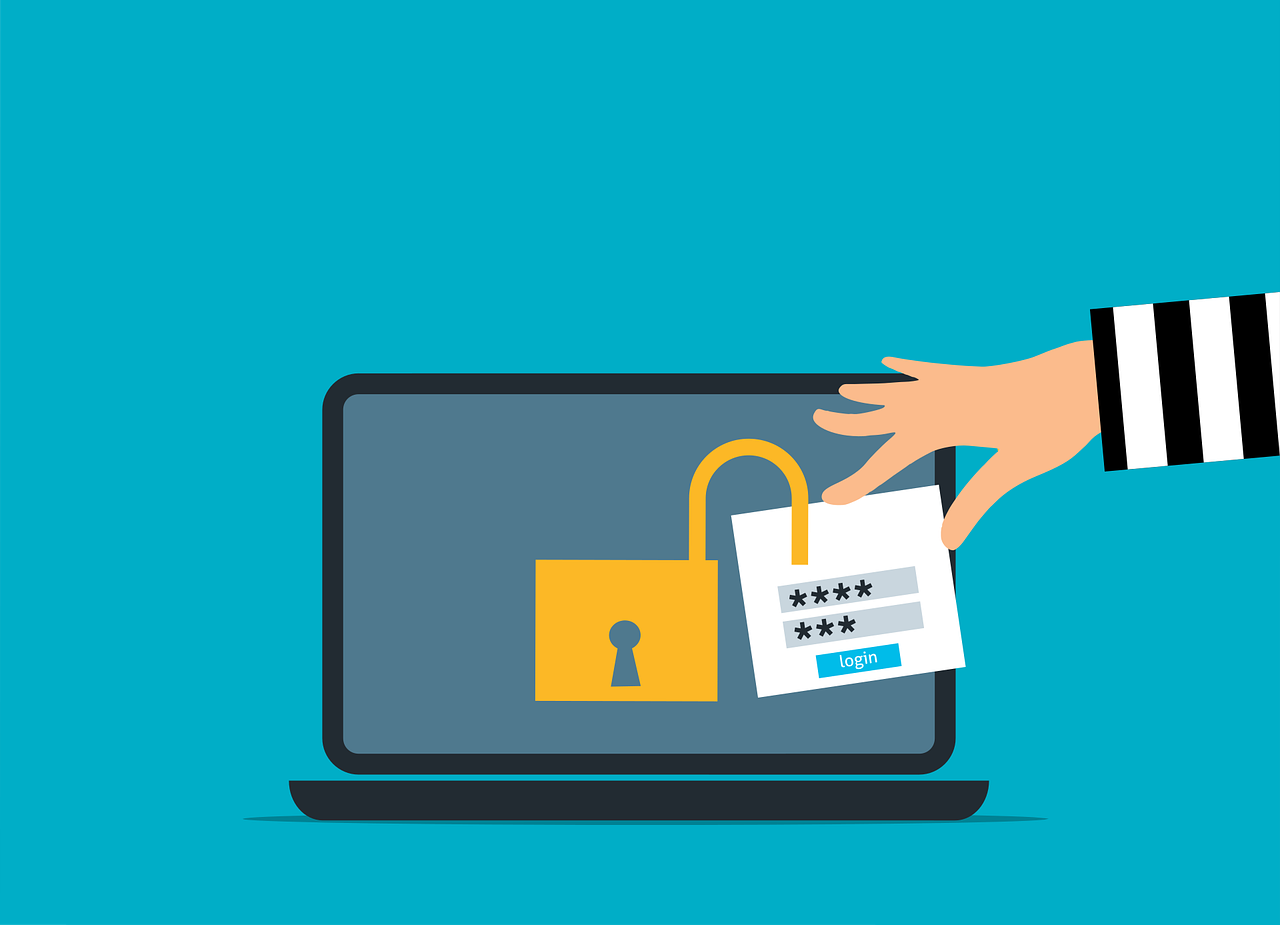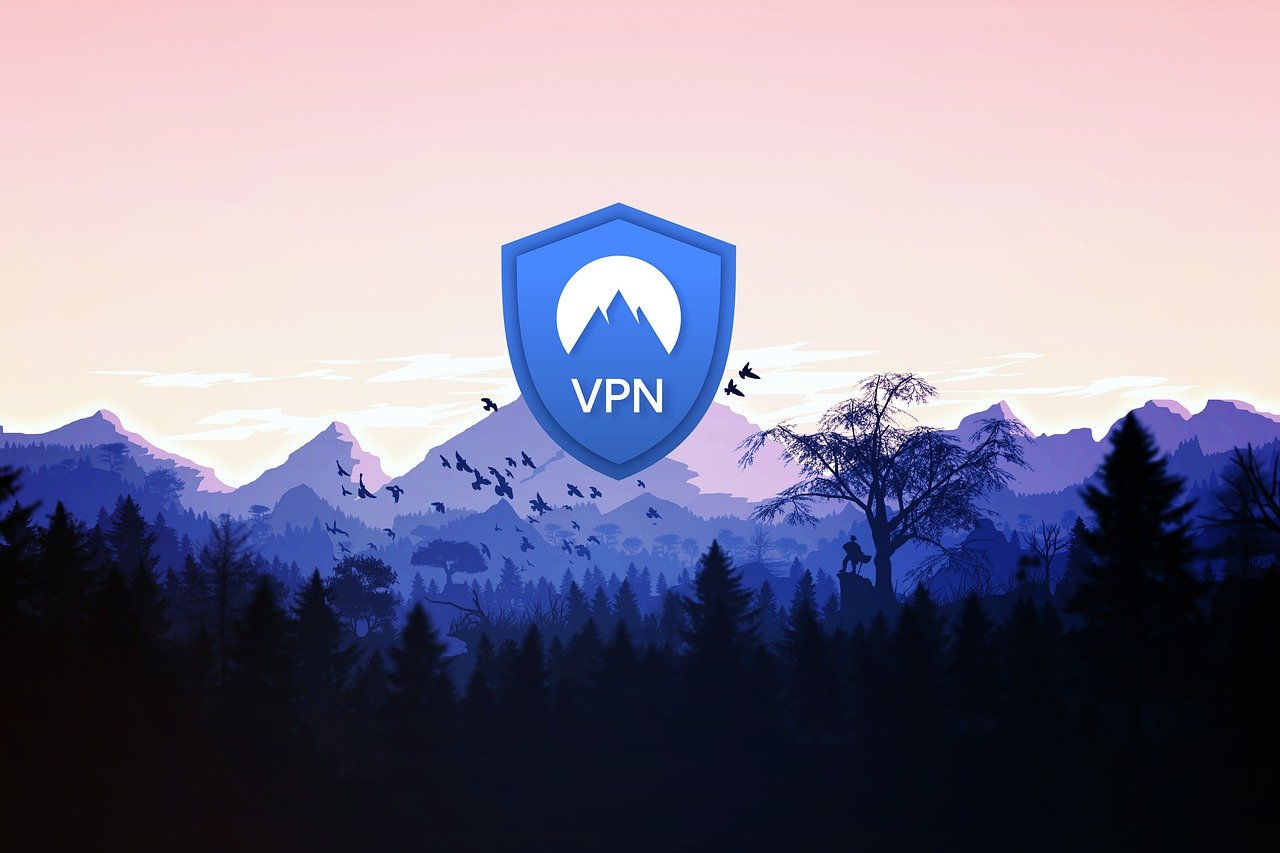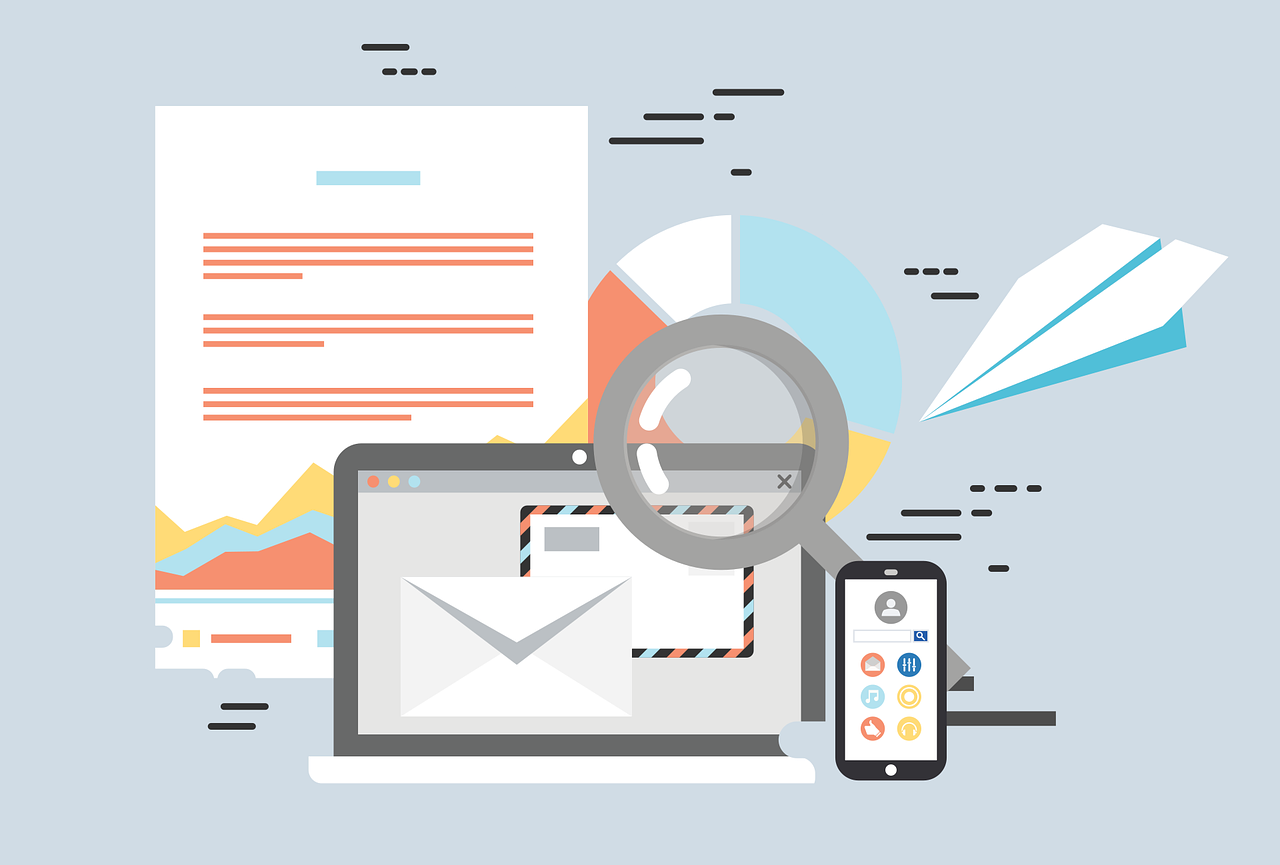Learn how to stay safe online during Black Friday in this post.
Black Friday, a shopper’s paradise, has seamlessly transitioned from bustling storefronts to the digital realm, presenting incredible deals and potential cyber threats.
In this comprehensive guide, we delve deeper into the strategies and precautions you can take to ensure a secure online shopping experience amidst the excitement of How To Stay Safe Online During Black Friday.
CHECK OUT: 🔥🔥🔥Best Cybersecurity Black Friday Deals For 2023
Table of Contents
How To Stay Safe Online During Black Friday
1. Vet Your Retailers

As the online marketplace expands, so does the variety of e-commerce platforms. Before committing to a purchase, thoroughly vet the credibility of the retailer. Stick to well-known brands and established online marketplaces to minimize the risk of falling victim to fraudulent websites.
Additionally, take the time to research customer reviews and ratings. Genuine feedback can provide valuable insights into the reliability and quality of the retailer, helping you make informed decisions.
Remember, a trusted brand delivers on its promises and prioritizes the security of your personal information.
2. Stay Informed About Security Updates
Cybersecurity is an ever-evolving field, with experts continuously developing patches to counter emerging threats.
Regularly update your devices and software to ensure you benefit from the latest security features. This proactive approach significantly reduces the likelihood of falling prey to vulnerabilities exploited by cybercriminals.
Alongside regular updates, consider installing reputable antivirus and anti-malware software. These tools act as an additional layer of defense, actively scanning and identifying potential threats before they compromise your system.
3. Fortify Your Passwords with Advanced Techniques
Crafting strong, unique passwords is the first defense against unauthorized access. Consider using a reputable password manager not only to generate complex passwords but also to store them securely.
This not only safeguards your accounts but also simplifies managing multiple credentials.
Additionally, be mindful of changing passwords periodically, especially during high-traffic online shopping periods like Black Friday. Utilizing multi-word passphrases, which are longer and more secure, is becoming a recommended practice in the cybersecurity community.
4. Two-Factor Authentication: A Shield for Your Accounts
Elevate your account security by enabling two-factor authentication (2FA). This additional layer of protection requires a secondary form of verification, such as a code sent to your mobile device.
Implementing 2FA is a formidable barrier against unauthorized access, even if your password is compromised.
As technology advances, consider exploring biometric authentication methods, such as fingerprint or facial recognition, where available. These methods provide an extra layer of security unique to you.
5. Beware of Phishing Scams: Safeguard Your Digital Identity
Cybercriminals often exploit the excitement surrounding Black Friday through phishing scams. Be skeptical of unsolicited emails, messages, or advertisements, especially those urging urgent action.
Avoid clicking on suspicious links, and independently verify the legitimacy of promotions by visiting the retailer’s official website.
Educating yourself about common phishing tactics empowers you to recognize and thwart potential scams effectively. Remember, legitimate retailers will not request sensitive information through unsolicited emails.
6. Regularly Monitor Financial Statements
Post-Black Friday, consistently monitor your bank and credit card statements.
Timely detection of any unauthorized transactions allows you to take swift action, limiting the potential impact of a security breach. Many financial institutions also offer real-time alerts for added security.
If you notice any discrepancies, report them promptly to your bank or credit card provider for investigation and resolution. Use mobile banking apps to check your accounts regularly, ensuring a proactive stance against potential fraudulent activity.
7. Network Security: Shop Safely on Secure Networks
The convenience of public Wi-Fi can be a double-edged sword during online shopping. Public networks are more susceptible to hacking, making it easier for cybercriminals to intercept sensitive information.
Opt for secure, password-protected networks to create a fortified barrier against potential threats.
Consider using a virtual private network (VPN) for an additional layer of encryption when connecting to the internet in public spaces. VPNs mask your IP address, enhancing online privacy and security, especially when making transactions.
8. Evaluate the Realism of Deals
Black Friday is synonymous with jaw-dropping discounts, but it’s essential to discern between legitimate offers and potential scams. Exercise caution when encountering deals that seem too good to be true, as scammers often employ this tactic to lure unsuspecting shoppers.
Verify the authenticity of the promotion by cross-referencing it with the retailer’s official website and reputable sources. Remember that legitimate retailers prioritize transparency, providing clear promotion terms and conditions.
9. Ongoing Education: Stay Ahead of Cyber Threats
The landscape of cyber threats is dynamic, with new tactics emerging regularly. Stay informed about the latest online scams and cybersecurity best practices through reliable sources.
Subscribe to newsletters, follow cybersecurity blogs, and remain proactive in your approach to online safety.
Attend webinars or workshops offered by cybersecurity experts to deepen your understanding of evolving threats. Knowledge is a powerful defense in the digital age.
10. Create Dedicated Shopping Email Accounts
As an additional layer of privacy, consider establishing separate email accounts specifically for online shopping activities.
This not only compartmentalizes your personal information but also minimizes the impact of a security breach on your shopping account.
Opt for email providers that offer advanced security features, such as two-step verification for account access. This extra step adds a layer of protection to your communication channels.
How To Stay Safe Online During Black Friday: Frequently Asked Questions
Black Friday is a shopper’s paradise, but with great deals come potential security risks. Here are some FAQs to help you navigate the online shopping frenzy safely:
How can I be safe on Black Friday?
Here are some key practices:
- Shop from trusted retailers: Stick to reputable websites with a history of secure transactions. Look for HTTPS in the URL address bar (the “s” indicates a secure connection).
- Beware of phishing scams: Don’t click on suspicious links or email offers promising unbelievable deals. Verify email addresses and URLs before clicking.
- Use strong passwords and consider two-factor authentication (2FA): This adds an extra layer of security by requiring a code from your phone or email in addition to your password.
- Beware of fake reviews: Check product reviews from various sources to avoid falling for inflated ratings on a retailer’s website.
- Review return policies: Understand the terms and conditions for returns and exchanges before purchasing.
- Use a separate credit card for online purchases: This minimizes potential damage if your card information is compromised.
- Monitor your bank statements regularly: Watch for unauthorized transactions after Black Friday.
How do I spend wisely on Black Friday?
Here are some tips to avoid impulse purchases:
- Make a list: Prioritize what you need and set a budget. Stick to the list to avoid overspending on enticing deals.
- Compare prices: Use online tools and price trackers for the best deal. Don’t assume everything with a “Black Friday” label is truly discounted.
- Beware of hidden fees: Factor in shipping costs and potential taxes before finalizing your purchase.
- Don’t get pressured by limited-time offers: These tactics often create a sense of urgency and lead to impulsive decisions.
READ ALSO: How To Secure Devices Against Phishing Emails
What not to do on Black Friday?
- Don’t share your financial information on public Wi-Fi networks.
- Don’t click on links or download attachments from unknown senders.
- Don’t rush through the checkout process. Carefully review your order details before confirming.
- Don’t give in to peer pressure or marketing hype. Buy what you need, not just because it’s on sale.
What do people do during Black Friday?
Black Friday is traditionally the busiest shopping day of the year. People flock to stores (both online and brick-and-mortar) to take advantage of special discounts and promotions across various categories.
Conclusion
In the digital age, Black Friday shopping has transcended the confines of brick-and-mortar stores, inviting consumers into a vast online marketplace.
By following these tips, you can enjoy the Black Friday deals while protecting yourself from online scams and making informed purchasing decisions, ensuring a secure and enjoyable experience.
Stay informed, stay vigilant, and let the assurance of a protected online space match the thrill of the hunt for the best deals.
Leave a comment below on how to stay safe online during Black Friday.
INTERESTING POSTS
- SecureBlitz Presents: Early Black Friday Deals 2023 to Secure Your Cyber World
- Surfshark Black Friday Deals 2023 – Bigger Discounts and More Security
- Get The PureVPN Black Friday Deal 2023: Supercharge Your Online Security
- 31 Best Safety Tips For Online Shopping
- Best Black Friday Tech Deals 2023
- Cybersecurity Black Friday Deals & Coupons 2023
- Best Black Friday Antivirus Deals 2023 – Up To 90% OFF
- Best Black Friday Cloud Storage Deals 2023
About the Author:
Christian Schmitz is a professional journalist and editor at SecureBlitz.com. He has a keen eye for the ever-changing cybersecurity industry and is passionate about spreading awareness of the industry's latest trends. Before joining SecureBlitz, Christian worked as a journalist for a local community newspaper in Nuremberg. Through his years of experience, Christian has developed a sharp eye for detail, an acute understanding of the cybersecurity industry, and an unwavering commitment to delivering accurate and up-to-date information.









